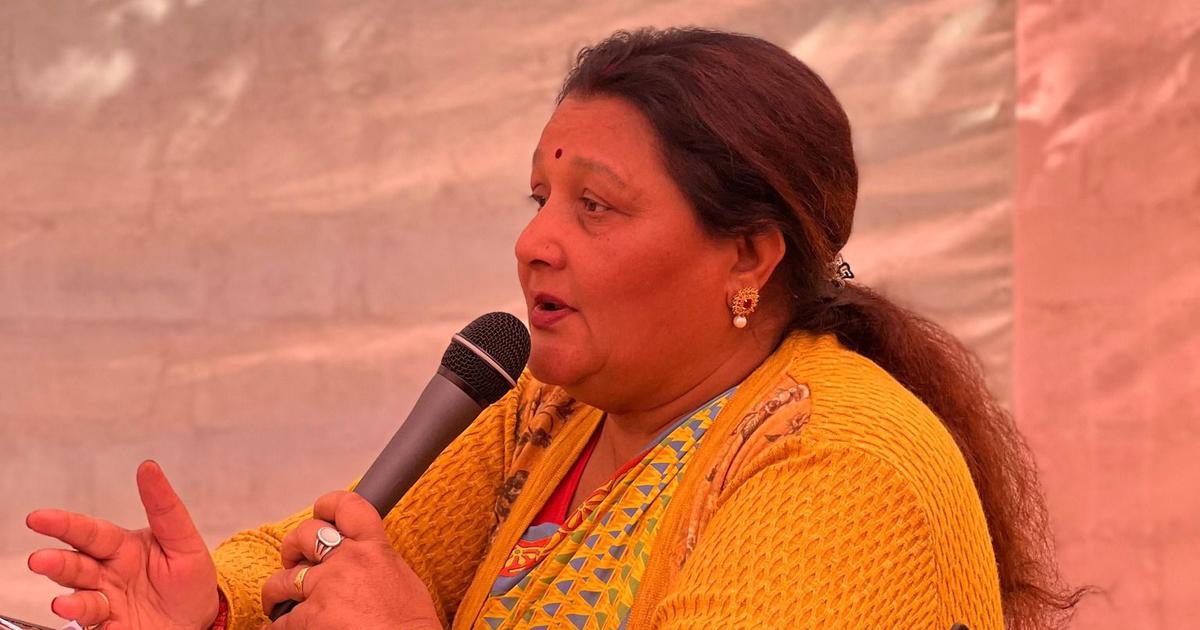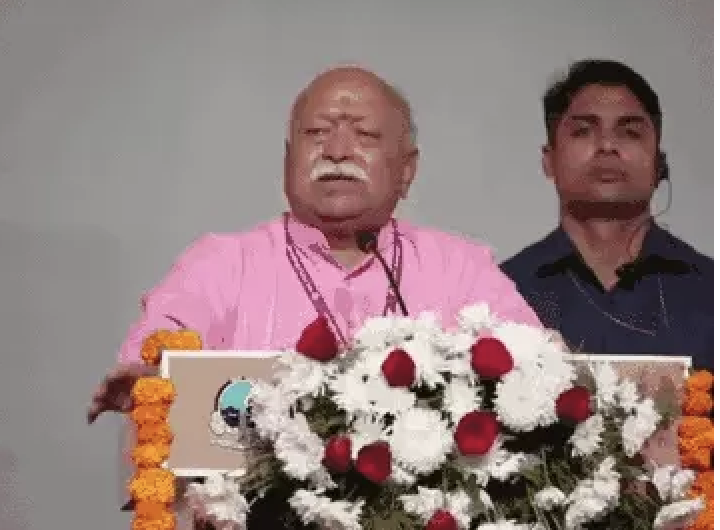By Omar Rashid
New Delhi: While sentencing a Muslim boy to life imprisonment recently, a judge in Bareilly made several unverified claims about systematic attempts by Muslim men to target Hindu women for converting them to Islam. However, by using the phrase “love jihad”— an extremist right-wing conspiracy theory to deter Hindu women from loving or marrying Muslim men — to express his personal views, judge Ravi Kumar Diwakar entered into what has so far largely been a matter of the political domain.
The term “love jihad”, though popularly and loosely used by mainstream media and the Sangh Parivar ecosystem, has no legal basis, definition or record. In fact, Diwakar’s use of the phrase stands at odds with the Uttar Pradesh government’s own legal stand about its special law against unlawful conversion.
Bharatiya Janata Party (BJP) leaders, including members of its government in Uttar Pradesh as well as other states, and other Hindutva constituents of the Sangh Parivar ecosystem have over the years used the phrase ‘love jihad’ to hint at a concerted conspiracy by Muslim men to convert Hindu women to Islam through the deceptive use of love. The phrase has often been used in political rallies, political events and press conferences.
However, while the saffron party has left no stones unturned to popularise the myth among public and the media, in legal terms, they have refrained from defining it. By using the phrase ‘love jihad’ repeatedly, judge Diwakar only reproduced the political views of the ruling dispensation.
In 2020, when the Adityanath government introduced a new law against unlawful conversions, it was brought in soon after he promised to bring an “effective law” against “love jihad”. The actual law, however, made no such reference and was neutral in its scope.
The Uttar Pradesh Prohibition of Unlawful Conversion of Religion Act, 2021, its original form in the shape of an ordinance and its amended version in 2024, do not make any reference to “love jihad”, which legally speaking, would amount to discrimination in the law.
This story was originally published in thewire.in. Read the full story here.






